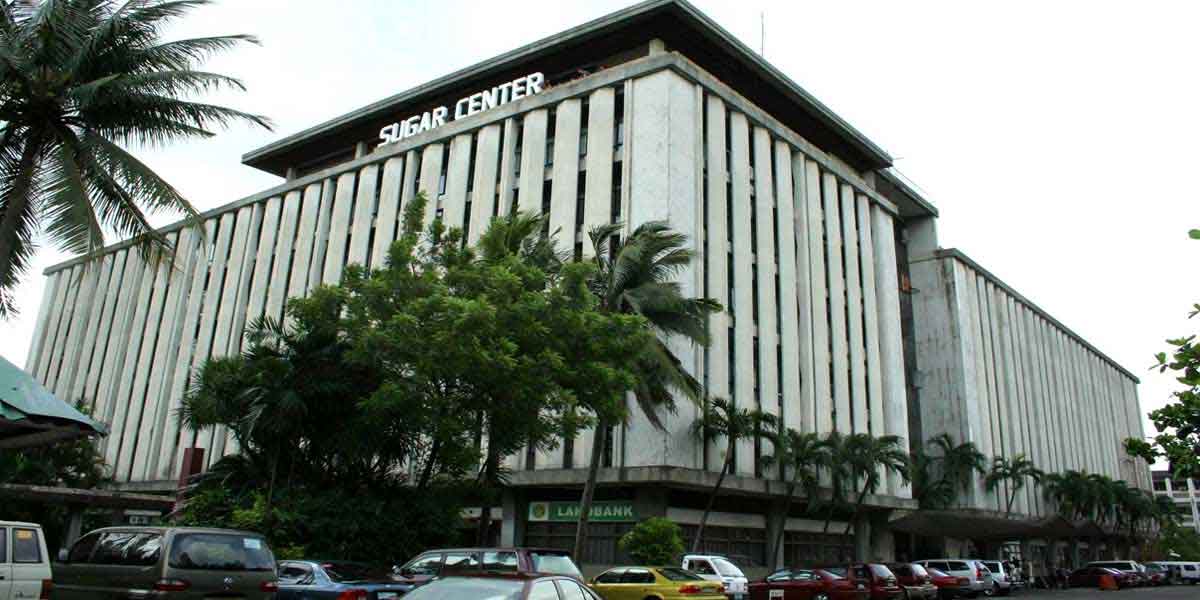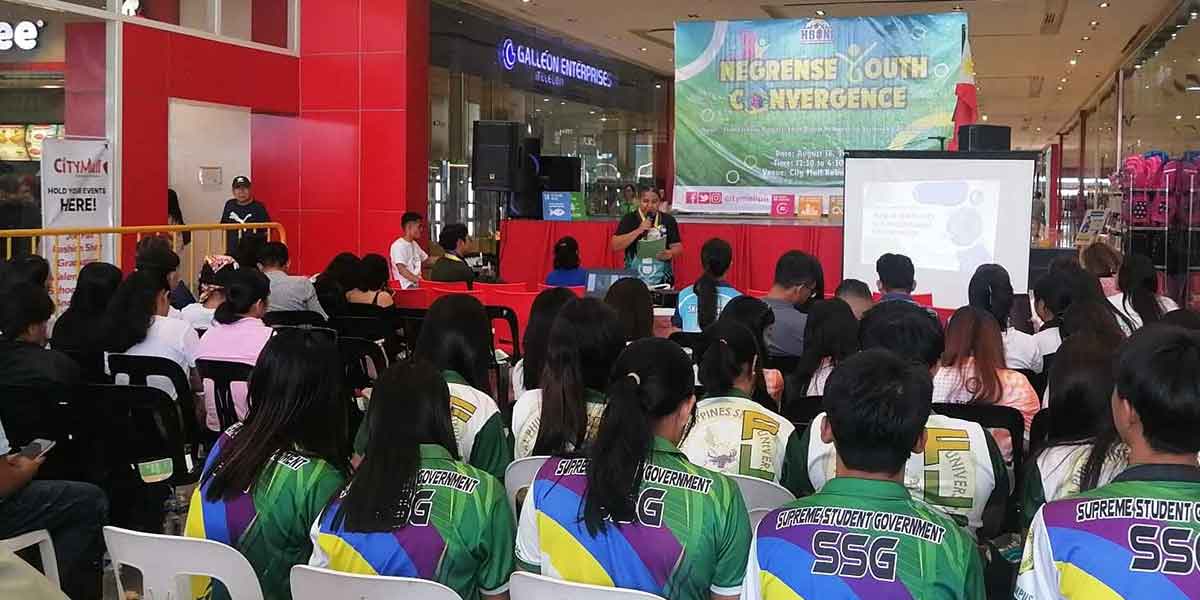As the Senate continues its hearing on the national COVID-19 vaccination program, Senator Richard J. Gordon on Friday pointed out that implementing the Universal Health Care Law would ensure speedy and organized roll out of the vaccination program.
Gordon said that the UHC mandates that every Filipino shall register with a public or private primary care provider of choice, adding that it would be easier to distribute the vaccine if they are registered with their primary care providers.
“Nakalagay dyan (UHC law) na every Filipino shall register with public or private primary care provider of choice. May duty ang bawat Pilipino na magregister siya. We must implement it because that is what the law provides and if we do it hindi tayo mahihirapan,” he said.
The senator said the Department of Health should endeavour to contact private, province-wide and city-wide health care systems for the delivery of population-based health services, as mandated by the UHC law,.
“Kung may primary health care provider magawa ‘yan. Madali nating malalaman kung sinong may sakit sa primary health care provider na ‘yan, tama po ba yan? Kung mayroon siyang sakit na COVID malalaman natin. Kung hindi pa siya nababakunahan, malalaman natin. Samakatuwid, pairalin lang natin itong Universal Health Care law. Hindi na tayo mahihirapan hindi po ba?” he said.
“Yan ang sistemang ginawa ng inyong Senate, para magawa lahat itong mga hinaharap nating problema ngayon. ‘Yan ang sinasabi ko lang po dahil kung minsan nasa harap na natin ang solusyon di pa natin nagagawa. Everybody wants to reinvent the wheel but the solution is right in front of us,” Gordon further noted.
Gordon also proposed to train more Filipinos to administer vaccines as the Philippines looks to start rolling out its immunization plan in February.
“I will file a bill on Monday that during times of emergency or even there is no crisis, dapat mag-train ng vaccinators gaya ng mga dentista, veterinarians, medical technologists, at kahit iyong walang medical background. We can put to bear millions of our young people who may want to become doctors someday and can practice with bakuna, provided it’s under clinical supervision,” he said.
During the hearing, Gordon questioned the Department of Health’s (DOH) capability to conduct the vaccination program with only 617,239 health care workers to participate in the campaign based on the department’s data.
Of the 617,239, 73,836 are from private health institutions, 64,998 from public health facilities, 29,000 are DOH-employed, 30,629 are hired by the local government units (LGU), 194,269 are contact tracers, 207,320 are barangay health workers, while 17,034 are social workers.
“Nagdududa ako dito sa 617,239 to vaccinate 70 million Filipinos although, of course, hindi naman sabay-sabay ‘yan. Habang dumarating ang vaccine, paunti-unti, nagbabakuna tayo. Alam naman natin, mababa ang vaccination natin,” Gordon said emphasizing the low performance rate of the country’s National Immunization Program.
“Ang actual performance natin in 2016 ay 70%, 67% in 2017, 66% in 2018, 69% in 2019. So, hindi pa tayo masyadong bihasa sa pagbabakuna,” he added.
Health Secretary Francisco T. Duque III agreed on Gordon’s proposal, which aims to help the government step up its immunization program, not only for COVID-19, but for other diseases, as well.
Philippine vaccine czar Secretary Carlito Galvez Jr. earlier said that the government aims to vaccinate 60-70% of Filipinos in three to five years.
About PHP82.5-billion was allocated by the government for the purchase of COVID-19 vaccines this year, of which, PHP70-billion will be sourced from foreign loans.





















